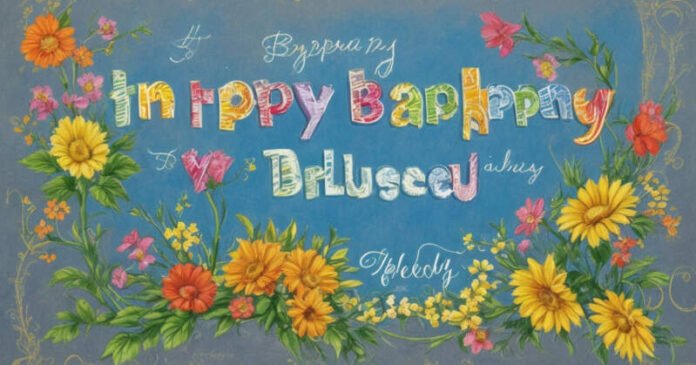Romania is a country rich in culture and tradition, and one of the most fascinating aspects of this culture is the art and folklore. One particular aspect of Romanian folklore that has gained attention in recent years is the concept of “deț.” In this article, we will explore all the information you need to know about deț, including its origins, meaning, and significance in Romanian culture.
Origins of Deț
Deț is a Romanian word that translates to “fate” or “destiny.” It is derived from the Latin word “fatum,” which has a similar meaning. In Romanian folklore, deț is often personified as a goddess or a spirit that controls the destiny of individuals. This concept has its roots in ancient Romanian mythology, where de ț was seen as a powerful force that could not be controlled or changed.
Meaning of Deț
In Romanian culture, deț is seen as a force that determines the course of one’s life. It is believed that every person has a predetermined fate, and de ț is the one who decides what that fate will be. This concept is deeply ingrained in Romanian society, and many people believe that their actions and decisions are ultimately controlled by d eț.
Significance of Deț in Romanian Culture
Deț plays a significant role in Romanian culture, and it is often referenced in art, literature, and music. In Romanian folklore, de ț is often portrayed as a beautiful, yet mysterious woman who holds the power to change the course of one’s life. She is seen as both a benevolent and malevolent force, capable of bringing both good and bad luck.
In Romanian art, de ț is often depicted as a woman with long, flowing hair, holding a spindle or a thread. This symbolizes her role as the weaver of fate, controlling the threads of one’s life. In literature, de ț is often referenced in poems and stories, portraying her as a powerful and enigmatic figure.
The Role of Deț in Romanian Folklore
In Romanian folklore, deț is often seen as a mediator between the living and the dead. It is believed that she has the power to communicate with the spirits of the deceased and can even influence their fate in the afterlife. This is why many Romanian traditions and rituals involve offerings and prayers todeț, in hopes of gaining her favor and protection.
Modern Interpretations of Deț
While deț is deeply rooted in Romanian folklore and tradition, it has also gained attention in modern times. Many contemporary Romanian artists and writers have incorporated the concept of deținto their work, giving it a new and modern interpretation. This has helped to keep the tradition and belief in dețalive, even in a rapidly changing world.
Conclusion
Deț is a fascinating concept that holds great significance in Romanian culture. It is a reflection of the country’s rich history and mythology, and it continues to play a role in modern society. Whether you believe in the power of de ț or not, it is an integral part of Romanian culture and will continue to be passed down through generations.
Have you heard of deț before? What are your thoughts on this concept? Let us know in the comments.
For more information, visit: Apzo Media





